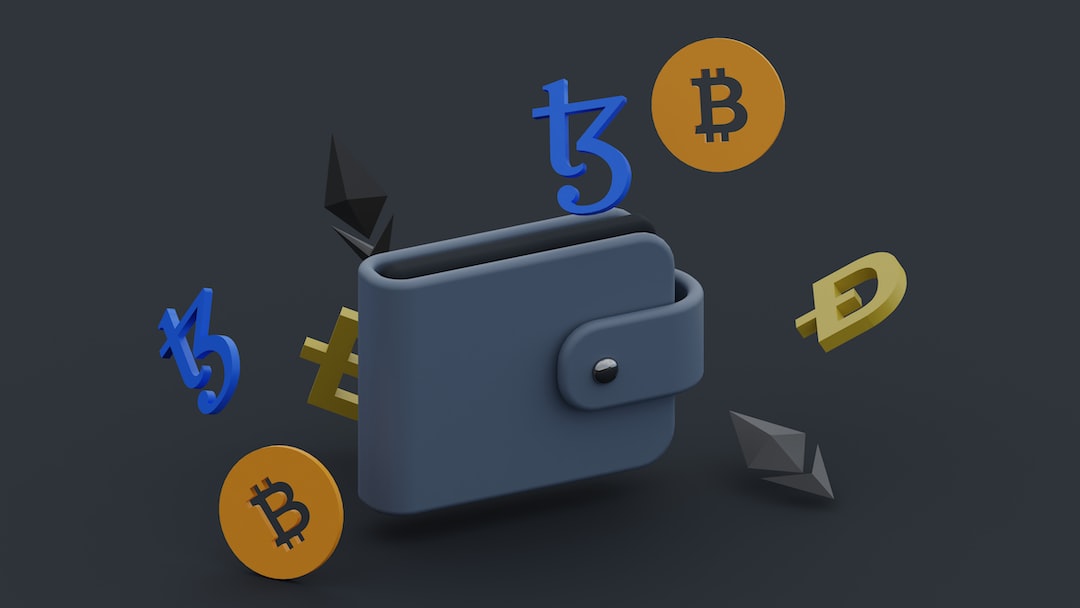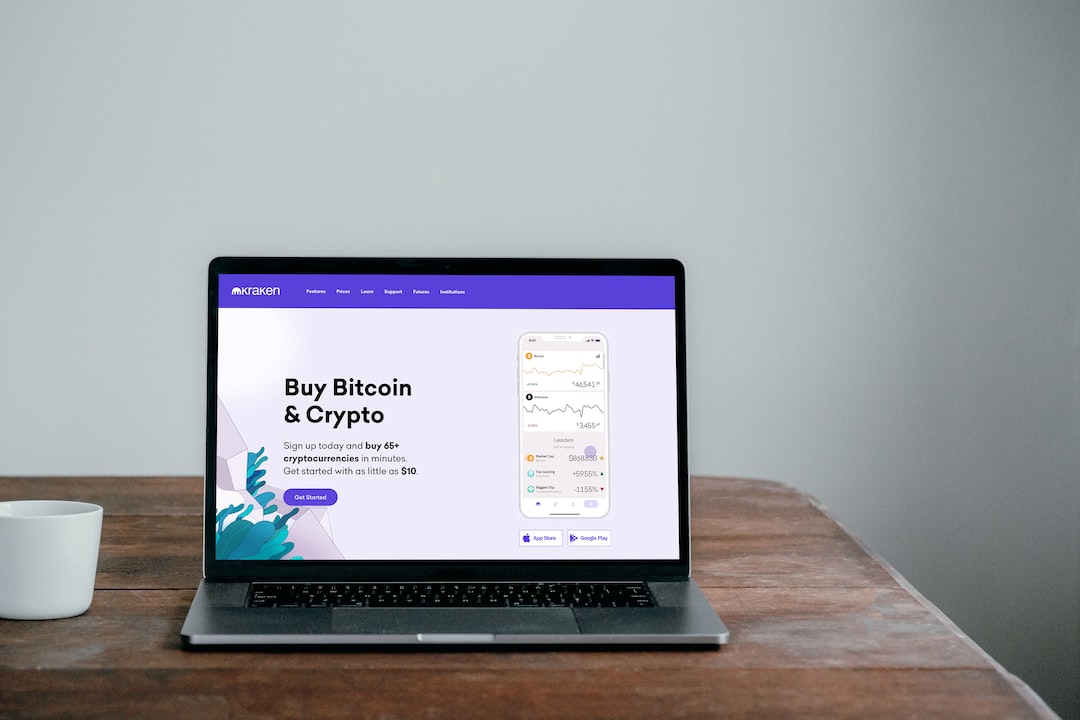Getting Started with Node.js: A Beginner’s Guide
If you’re interested in learning about creating innovative web applications and exploring the world of cryptocurrencies, Node.js is an excellent choice to get started. In this beginner’s guide, we will walk you through the basics of Node.js and how it can be used in the context of cryptocurrencies. So, let’s dive right in!
What is Node.js?
Node.js is an open-source runtime environment built on Chrome’s V8 JavaScript engine that allows you to run JavaScript code outside of a web browser. It utilizes an event-driven, non-blocking I/O model, making it ideal for developing scalable network applications. With Node.js, you can build both server-side and client-side applications with ease.
Why choose Node.js for Cryptocurrency Development?
Node.js has gained significant popularity in the development community, especially in the field of cryptocurrencies. Here are a few reasons why Node.js is a preferred choice for cryptocurrency developers:
1. **Speed:** Node.js is known for its excellent performance due to its non-blocking nature. This makes it an ideal choice for handling large volumes of data and processing transactions efficiently.
2. **Real-time Data:** Cryptocurrencies operate in real-time, and Node.js is well-suited to handle real-time data streaming. With its event-driven architecture, Node.js allows developers to build applications that can process and update cryptocurrency data in real-time.
3. **Easy Scalability:** Node.js is designed to handle concurrent connections efficiently, making it highly scalable. This is crucial in the cryptocurrency world, where rapid growth and scalability are paramount.
Setting up Node.js
To get started with Node.js, follow these simple steps:
1. Download and install Node.js from the official website (https://nodejs.org/) based on your operating system. Node.js comes bundled with npm (Node Package Manager), which is used to manage and install third-party libraries.
2. Once installed, open your command prompt or terminal and type `node -v` to verify that Node.js is correctly installed. You should see the version number displayed, indicating a successful installation.
3. Congratulations! You now have Node.js up and running on your system.
Building a Simple Cryptocurrency Tracker
Now that you have Node.js set up, let’s build a simple cryptocurrency tracker that displays real-time data using an API.
1. Create a new directory for your project and navigate to it using the command prompt or terminal.
2. Initialize your project by typing `npm init` and following the prompts. This will create a `package.json` file that includes metadata about your project.
3. Install the necessary dependencies by typing `npm install axios` and `npm install express`. This command will install the Axios library for making API requests and the Express framework for building web servers.
4. Create a new JavaScript file, such as `app.js`, and open it in your favorite code editor.
5. Start by requiring the necessary libraries at the top of your file:
“`javascript
const axios = require(‘axios’);
const express = require(‘express’);
“`
6. Set up an Express server:
“`javascript
const app = express();
const port = 3000;
app.listen(port, () => {
console.log(`Server is running on port ${port}`);
});
“`
7. Make an API request to retrieve cryptocurrency data using the Axios library:
“`javascript
app.get(‘/cryptocurrency’, async (req, res) => {
try {
const response = await axios.get(‘https://api.example.com/cryptocurrency’);
res.send(response.data);
} catch (error) {
console.error(error);
}
});
“`
8. Finally, start your server by adding the following line at the end of your file:
“`javascript
app.listen(port, () => {
console.log(`Server is running on port ${port}`);
});
“`
9. Save the file and return to your command prompt or terminal. Run the command `node app.js` to start the server.
Congratulations! You have built a simple cryptocurrency tracker using Node.js. You can access the tracker by opening a web browser and navigating to `http://localhost:3000/cryptocurrency`.
FAQs
**Q: Can Node.js be used for mining cryptocurrencies?**
A: No, Node.js is not suitable for mining cryptocurrencies. Mining requires high computational power, and Node.js is primarily focused on building scalable network applications.
**Q: Are there any security considerations when working with Node.js and cryptocurrencies?**
A: Yes, it is important to ensure that your Node.js applications are secure when dealing with sensitive cryptocurrency data. Follow best practices such as input validation, secure data handling, and regularly updating dependencies.
**Q: Can I use Node.js to build blockchain applications?**
A: Yes, Node.js can be used for building blockchain applications. Various frameworks and libraries, such as Ethereum’s Web3.js, allow for interaction with blockchain networks using JavaScript.
In conclusion, Node.js is a powerful tool for cryptocurrency development and provides numerous benefits such as speed, real-time data processing, and scalability. By following this beginner’s guide, you can quickly get started with Node.js and build innovative web applications in the world of cryptocurrencies. Happy coding!





 By
By

 By
By

 By
By